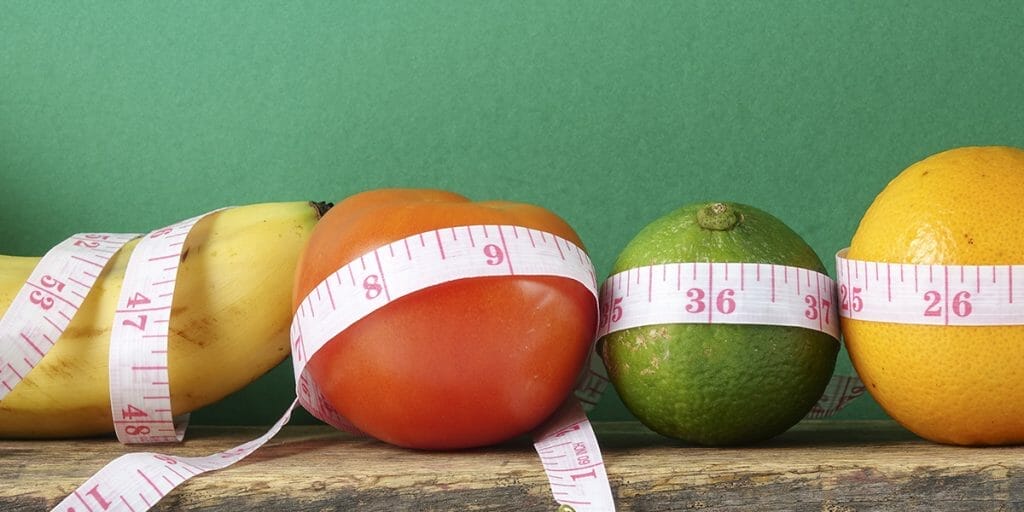
The current COVID-19 pandemic has numerous actors on a global scale seeking a resolution, in effect a search for the solution to the viral infection that is dominating headlines and many global resources. Leaders in Western countries (and elsewhere) favour vaccination and despite being advised that typical vaccine development and testing can take between 18 months and forever are also suggesting (hoping) that, due to new mechanisms employed in vaccinology, that we will be offered vaccination against SARS-Cov-2 by the end of 2020!
At the time of writing there are eight vaccines worldwide that have begun human testing; managing the outcomes and ensuring no loss in vaccine confidence in the general population will be a serious risk if not managed well. The USA’s announcement of a ‘warp speed’ effort should appeal to those who have an attachment to Star Trek, but raises numerous questions around viability amongst scientists and ultimately consumers.
Putting aside the various practical challenges this time frame throws up, including issues around safety and efficacy, there has started to emerge a number of voices (politicians, scientists, medics and epidemiologists etc.) pointing out that viral related vulnerability is deeply connected to a state of being that in many cases (not all) are linked to the environment, behaviour and lifestyle. In addition, the natural lifecycle of the virus is also being considered as a progressive end to risk management and infectivity levels, but this is, like many other elements, somewhat speculative at present.
In effect the viral impact is felt the greatest amongst the population with existing health conditions and older in age. Whilst we would all like to turn the clock back on age generally, lifestyle and behaviour modification is currently far more feasible!
Looking across to the USA, where data collection very rarely ends up in any related action, we can see some remarkable numbers. These are likely to have a very close alignment with the UK’s. The 50th anniversary of the White House Conference in Food, Nutrition and Health (WHCFNH) event identified some alarming stats:
Strikingly the failings of the US food system have left 88% of the population metabolically unhealthy. That means they are suffering from high blood pressure, high cholesterol, diabetes, or pre-diabetes. And that means they are all at a higher risk of complications from the Covid-19 virus compared to the 12% who are deemed metabolically healthy. So, while there is still a lot we are learning about Covid-19, there are many studies emerging about the link between metabolic health and complications from Covid-19.
This means that the extent of the risk we individually face from Covid-19 is very much in our control via what we eat, how we exercise, sleep, and manage exposure to nature and stress. One of the panel groups at WHCFNH discussed food as medicine and established the vital role in dietary selection and food quality as well as personalised elements.

The economic costs of this U.S nutrition crisis are staggering. Total U.S. healthcare expenditures have risen from 6.9% of gross domestic product (GDP) in 1970 to 17.9% in 2017. The UK’s Lancet published a study last year showing that people with diets low in plants, fruits, nuts and seeds were three times more likely to die prematurely than those whose diets were high in those food groups. The costs of health managing non communicable diseases globally are on their own unsustainable over the coming years, and when viral pandemics arrive, the resources set aside for this group of patients are stretched even further.
Viral outbreaks are nothing new to humanity, our expectation of being able to control them however, is! People including Nicolas Taleb (author of The Black Swan: The Impact of the Highly Improbable and Bill Gates (who despite the enthusiasm for some to include him in conspiracy theories has been pointing out that history indicates another Spanish Flu event will occur at some point for over 5 years) have been saying that the emergence of an event like Covid-19 is not all that rare. Indeed, history is replete with such events and there have been numerous warnings from many sources as the mathematical odds of an occurrence are not all that remote. With pandemics, it is not really a question of if, but usually when.
When there are gaps in information, there are often competing forces seeking to fill them. Some may be based on scientific inquiry; others may be unsubstantiated and at times quite non-realistic opinions. They may all be trying to allay the fears of an anxious public or their promotors may be seeking to gain notoriety and build a transitional sense of importance. This conflict of explanations was previously played out during the Ebola outbreaks in West Africa and the Democratic Republic of Congo, and the global HIV epidemic. Many of you will recall the myriad of explanations, underlying fear and bizarre explanations, which have faded with time as new topics come along.
There is at government level something of a conventional reliance on the pharmaceutical resolution of fearful infectious events, and why not? Many infectious diseases have been eradicated or managed because of pharmacologically inhibiting their capacity for harm. Of course, there are also many non-pharmacological interventions, herbs, nutrients, environmental, sanitary and others that have contributed to the inhibition and successful control of infectious agents as well. But surprisingly little on self-help beyond the well-known recommendations.
Yet the possibility that we already hold the key to significant resilience in our remarkable immune system has been largely ignored, albeit Vitamin D is making its way into many people’s consciousness, other nutrients are still looking for their moment of uncovering. Vitamin C and Zinc are recognised to be universally undersupplied in the human population, yet optimising their levels can have a significant, and beneficial impact into the resistance to viral transmission, and response to it. Oral supplementation as well as dietary selection is key to their availability and use. An article out on the 20th May 2020 in the BMJ Nutrition, Prevention & Health, called Nutrition, immunity and COVID-19 explains that an adequate supply of a wide range of nutrients is essential to support the immune system to function optimally.
Underlying these various risk factors, including obesity, is the production of inflammatory cytokines and other defence generated chemicals, and likely plays a significant role in the death rate in Britain, where a large percentage of the population is already obese or overweight. Overweight people — almost two out of three Britons fall into this group — have been shown to have higher levels of inflammatory messenger molecules called cytokines, which interfere with and damage normal cell functions.
This effect can be seen in people’s response to vaccines.
A review of almost 90 studies — in the journal Vaccine in 2015 — showed that those with a body mass index (BMI) over 30 don’t produce antibody cells in response to vaccination against infectious diseases such as flu, tetanus and hepatitis because their immune systems are already not working properly.
As a review published last week in the journal Nature highlighted, ‘an excessive inflammatory response . . . is thought to be a major cause of disease severity and death in patients with Covid-19’. This leaves us with a practical question, will the effects of a global response to the Sars-Cov-2 virus also promote a change in the concept of personal responsibility, change in the food supply and change in attitude regarding the value of personal, environmental and societal health that results in actionable events? Because, even if just a few percentage of people understand that this is likely to happen again and that the healthier and more resilient they are, they may do more than become a food store prepper – but actually invest in their own health capital. Are you ready for that?
Obesity resolution, or weight management has many facets, and if it was easy, then outcomes would be predictable, but environment, socialisation, genes (a few), income and living conditions, food supply and growth techniques, stress, sleep and exercise are all involved. Extricating someone from a path of self-generation of weight, to one of self-creation of health, is a challenge and will need expert, coordinated and personalised support. This post Covid-19 lockdown situation will fit your current skills perfectly.

1 Comment. Leave new
Interesting thoughts
However I ehard a doctor on the news say that its a myth that vitamin C can help and another article on Vitmain D also being a myth!
With the medical profession carrying these beliefs there is no hope.
Bill Gates vaccination agenda is now there for all to see, linked to tracking people using of course microsoft technology.
people need to wake up and realise whats going on and its not about your safety nor health.
The Bil and Melinda Gates Foundation funds all agencies promoting a lockdown until a vaccine is found, which include Imperial College, LSHTM, GAVI, the WHO, the BBC, Guardian, CDC, John Hopkins University that ran the pandemic drill last October, Event 201 etc
Never before in history have healthy people been quarantined and prevented fomr earning a living.
Plenty of doctors and scientists interviewed on ‘off-guardian.org’